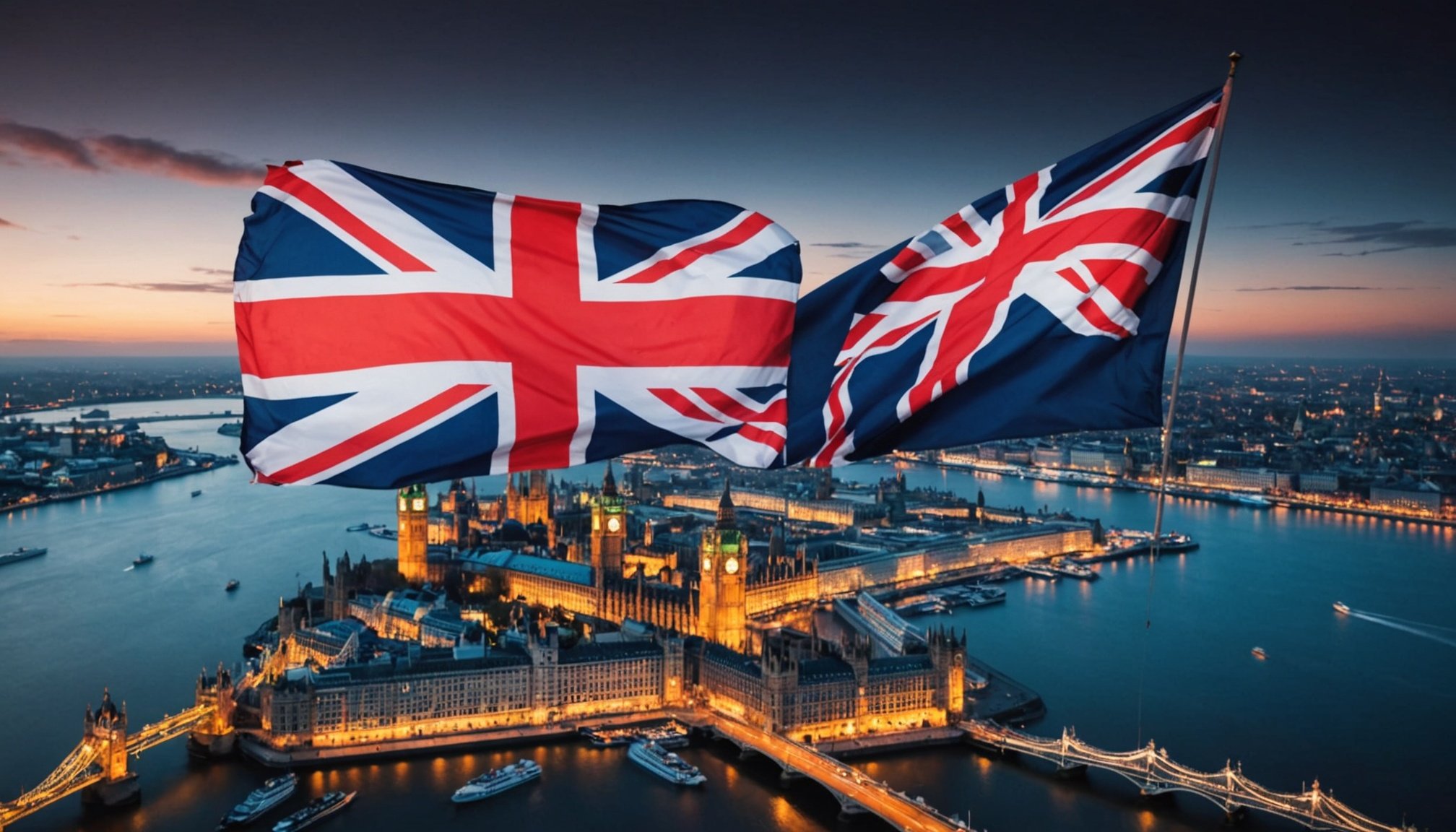Understanding the Importance of a Well-Structured Itinerary
For athletes, particularly fighters, crafting a travel itinerary for competitions is not merely a logistical task—it is pivotal to performance. A well-structured plan ensures smooth travel, allowing competitors to focus on their primary goal: winning.
Overview: Why Structure Matters
Planning travel for competitions involves more than booking flights and accommodations; it encompasses identifying optimal rest periods, meal planning, and time zone management. Lack of such organization may lead to stress, fatigue, and impaired performance.
In the same genre : Enhancing UK Judo Athletes’ Performance: A Complete Guide to Daily Cognitive Training Integration
Key Elements of an Effective Itinerary
An effective travel itinerary for fighters should integrate several key elements:
- Precise Scheduling: Encompasses flight bookings corresponding to competition dates, including ample time for recovery.
- Nutritional Planning: Identifies where and when athletes will eat, maintaining their diet even when away from home.
- Accommodation: Should support both training needs and rest, minimizing travel within the destination and providing suitable amenities.
Benefits of a Well-Planned Itinerary
Having an organized travel plan significantly reduces stress and enhances performance by allowing fighters to focus completely on training and competition. When travel components flow seamlessly, fighters can maintain their routine, which is critical for peak performance and competition preparation.
Also to see : Mastering Victory: The Strategic Use of Periodization by UK Boxing Coaches for Optimal Training Cycles
Key Components of an Effective Travel Itinerary
Understanding how to construct a fighter itinerary checklist can significantly aid in the travel planning essentials for successful competition travel. Ensuring the inclusion of essential itinerary components can optimise travel efficiency and readiness.
Travel Dates and Flights
When it comes to planning, booking flights that align seamlessly with competition dates is fundamental. Precise scheduling here is essential. Coordinating flight times with rest periods ensures fighters arrive optimally rested. Early flight bookings can avail flexible scheduling options, allowing for unforeseen delays and securing better seating arrangements.
Accommodation Details
Choosing the right accommodation is pivotal within travel planning essentials. Accommodations should ideally foster an environment conducive for both training and recovery. Proximity to competition venues reduces travel stress and lost time. Additionally, facilities such as a gym or specialised equipment can maintain training regimes without deviation.
Ground Transportation
The seamless transition from airport to accommodation is underpinned by efficient ground transportation arrangements. Having pre-arranged transfers can alleviate stress upon arrival, offering fighters time to acclimate. Whether it’s hired cars or public transit passes, ensuring smooth local movement can enhance focus strictly on competition goals.
Strategically mapping out these itinerary components can lead to an effective travel plan, ensuring fighters are both physically and mentally prepared for their challenges ahead.
Preparing for Competitions: Strategies and Tips
Embracing a thoughtful approach to competition preparation is paramount for fighters. Packing for these events requires prioritization of both practical and personal essentials. Gear, wraps, mouthguards, and comfortable training wear must form the foundation, ensuring fighters remain suitably equipped.
Weight and nutrition management during travel is another critical aspect. To maintain fighting weight, athletes should plan meals meticulously, considering local food options and the potential lack of familiar availability. Smart packing of non-perishable snacks adhering to dietary restrictions can act as reliable backups.
Psychological preparation underscores the mental fortitude needed while fighting abroad. This involves rehearsing positive visualizations and maintaining a focused mindset despite any logistical distractions. A structured daily routine replicating the athlete’s home environment can anchor performance consistency.
Moreover, engaging in local travel training tips—like understanding climate differences and adapting training to available facilities—enhances readiness. Knowledge of local customs or a few phrases in the local language can not only facilitate smoother interactions but also significantly mitigate travel anxiety.
By assimilating these strategic approaches into their travel itinerary, fighters can optimize both their mental and physical readiness for international competitions. This proactive preparation ensures the focus remains on achieving competitive excellence.
Navigating Legal and Visa Requirements
For athletes traveling abroad, understanding legal and visa requirements is crucial to ensure a seamless journey to their competition destination. A travel visa for athletes is often necessary, and obtaining it requires thorough preparation and documentation.
Visa Application Process
The visa application process can vary significantly between countries. It’s advisable to start this process early. This allows time to gather essential legal requirements for fighters, such as proof of both accommodation and competition participation. Most importantly, don’t forget to detail the exact dates of the competition on your itinerary. This helps ensure the visa duration aligns perfectly with travel and competition schedules, preventing any legal hassle abroad.
Health and Safety Regulations
Another critical aspect involves understanding the health and safety regulations for international travel. Many destinations demand specific vaccinations or medical documentation to enter the country safely. Staying informed about these is essential, especially during global health crises, as requirements can suddenly change. Confirm that these health regulations are met well before departure to avoid any last-minute disruptions.
Insurance Considerations
Additionally, securing travel insurance tailored for athletes is vital. Such coverage typically includes specific protection for sports-related injuries or equipment loss. This ensures peace of mind, allowing fighters to focus solely on their performance without undue worries about potential unforeseen incidents during their travel.
Resources and Tools for Planning Your Itinerary
In the realm of travel planning for fighters, leveraging the right travel resources for fighters is paramount to ensuring a seamless journey. This encompasses more than booking flights and accommodations; it’s about optimizing every aspect of the itinerary to support peak performance.
Recommended Apps and Websites
To streamline the process, several itinerary planning tools stand out. Apps like TripIt and Wanderlog allow fighters to consolidate their travel details into a single itinerary, offering ease in tracking flights, accommodations, and events. Additionally, utilizing platforms such as Skyscanner or Booking.com can aid in comparing prices and options to secure the best deals.
Templates and Checklists
For those inclined towards a structured approach, employing fighter travel apps with customizable templates or checklists can significantly reduce the complexity of travel logistics. These templates assist in ensuring no itinerary component is overlooked, from travel dates to ground transportation.
Local Fighter Communities
Engaging with local fighter communities online, such as through forums or social media groups, is invaluable. These communities often provide insightful advice on choosing the right accommodations or navigating travel challenges unique to the sports industry. This collaboration aids fighters in gaining practical, firsthand knowledge to enhance their travel planning essentials.
Frequently Asked Questions about Travel Itineraries
When planning a travel itinerary for fighters, several questions often arise. Here, we address common concerns to facilitate a structured travel experience and highlight the travel importance for athletes.
What makes a travel itinerary successful?
The first key aspect is planning travel for competitions by aligning travel dates and optimizing recovery time. Additionally, integrating proper nutrition, rest periods, and itinerary components such as effective ground transportation ensures fighters stay competitive-ready. A successful plan emphasizes minimal disruption to training regimes, considering factors like local climate and facilities.
How can fighters manage stress during travel?
A well-structured itinerary significantly reduces travel stress, enabling fighters to focus on competition. This entails pre-arranging transfers, making room for leisure, and engaging in psychological preparation. Employing relaxation techniques and adhering to familiar routines further anchors athletes in a serene mindset.
What legal aspects should be considered?
Understanding legal requirements is quintessential. Athletes must procure the right travel visa for athletes and comply with health mandates. Early checks on vaccination and documentation, aligned with international competition regulations, mitigate travel hiccups.
Why is travel planning important for performance?
A comprehensive travel plan reaffirms an athlete’s mental and physical readiness, boosting performance potential. By underscoring essential travel planning essentials, fighters navigate their travel schedule effectively, assuring sustained focus on competitive goals.
Real-Life Examples and Case Studies
Exploring fighter travel case studies offers invaluable insights into the role a meticulously crafted travel itinerary plays. These success stories in fighter travel not only highlight best practices but also underscore common pitfalls that can deride a fighter’s journey.
Itinerary Example for a Major Competition
Consider the example of a fighter attending an international championship. Their itinerary example included strategically scheduled flights to minimize jet lag and carefully chosen accommodations with training facilities. By organizing meals in advance through local health food stores and aligning transportation with training schedules, the fighter maintained a consistent routine, contributing to success.
Lessons from Experienced Fighters
Experienced fighters consistently emphasize the importance of itinerary components like rest days before competition and the inclusion of familiar routines. Learning from such examples, fighters understand the travel importance for athletes to extend beyond getting from point A to B, acting as a pillar for both mental and physical preparation.
Common Mistakes to Avoid
Frequent errors like last-minute booking or neglecting to verify local international competition regulations can result in unforeseen complications. Successful planning travel for competitions involves anticipating such issues and integrating these lessons into future itineraries to enhance overall performance reliability.

